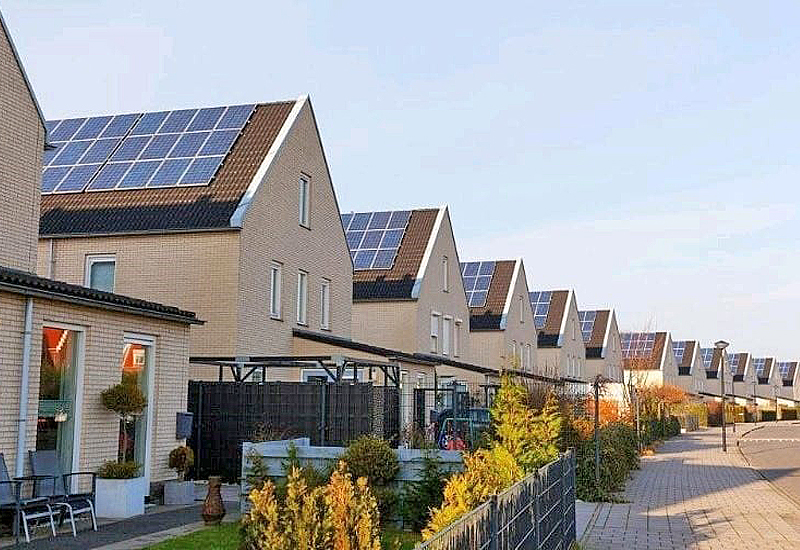With the call for more renewable sources of energy in full force across the globe, Accra-based Miniplast Limited, a leading plastic manufacturing and recycling company, has taken a major step towards the development of greener industries in Ghana by marking its first year of operating its 782 KWp rooftop solar plant.
The solar power plant was built in partnership with the Swedish-Ghanian engineering company Stella Futura and Empower New Energy, an impact investment company based in Norway.
The second-largest of its kind in Ghana, the solar power plant was was developed and installed in a record four months during the Covid crisis and is expected to operate for at least 20 years, according to the power purchase agreement (PPA) signed between the off-taker, Miniplast and the investor, Empower New Energy, without any up-front capital requirement from the off-taker.
As the project marks one year of commercial operations last week, Miniplast has cut its CO2 emissions by 622 tonnes and reduced its electricity costs by USD 28,500 annually. The project further created an estimate of 50 indirect and direct jobs during the construction and operations phase.
The decision to go
Miniplast decided to go green in 2020 to achieve a more sustainable manufacturing process and continue to reduce plastic waste in Ghana with green energy. The manufacturing plant has two roofs, where a 782 kWp solar system was installed to cover the daytime energy demand. The system is connected to the grid, which means that the grid can provide electricity when there is no production from the solar system as Miniplast manufacturing and operations take place during the day when their energy demand is steady, making the site convenient for the solar PV.
“The Covid crisis has reminded us that Africa cannot continue to be dependent on raw materials and tourism. Africa needs manufacturing and technology-related jobs and this can only be achieved if we have reliable and affordable clean power,” says Terje Osmundsen, Founder and CEO of Empower New Energy, adding, “Businesses in Africa suffer from the world’s highest cost of electricity, but this project demonstrates that unreliable power supplies can be overcome even during a pandemic such as Covid when right partnerships are formed”.
“Utilizing solar energy is advantageous for a variety of financial and environmental reasons and what is most important to us is the benefits it gives in having a reliable, steady source of power for our factory and in reducing dependence on non-renewable energy sources to help combat climate change. It is a great pleasure to become one of the leading companies in the country that is committed to using renewable energy on our factory premises. We encourage all manufacturers and recyclers to implement solar power within their industries” says Nadim Ghanem-Pares Miniplast CEO.
Solar Solution to Miniplast
In a short presentation at the premises of Miniplast, Peter Acquaye, Empower New Energy country representative said Stella installed a grid-tied PV System, consisting of PV panels, PV inverters, mounting system and cabling according to local regulations, to produce clean energy at the Miniplast buildings
With the size of the PV System based on the energy need of the customer and available roof size, the grid-tied system allows for switch over between solar, generator, and the grid (ECG), he explained.
“The generators can work as a backup power source in the rare case that the facility would need more energy than normally expected during extreme conditions than the PV System could produce during the daytime,” he added. “The whole system is designed as a scalable system and can, in the future, be adjusted to meet the energy needs of Miniplast. Thus, the sizing of the PV System can be independently changed.”
Source: Ashantibiz
Submit your stories or articles to us via WhatsApp +233-245092915





